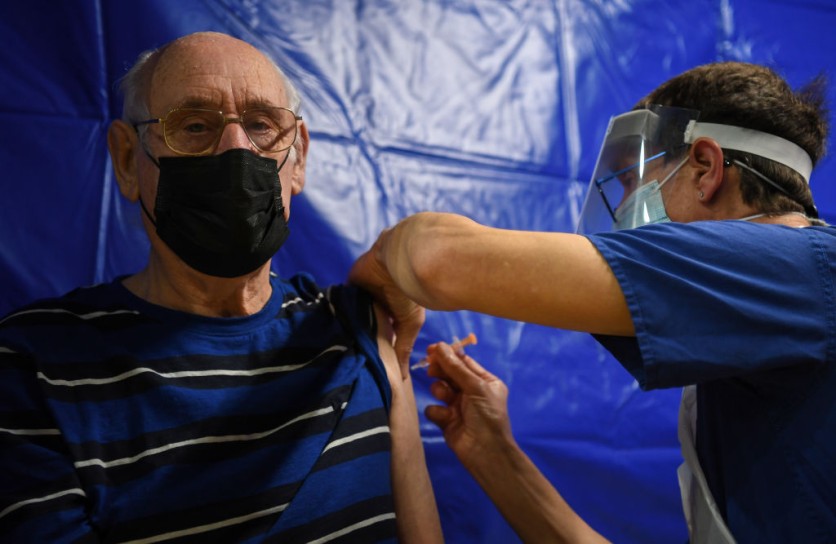
COVID-19 has posed another threat to humans. This time, it could cause sperm damage and infertility to males, an experimental study says.
COVID-19's effect on males
The latest findings brought news that COVID-19 infection can damage sperm cell quality which can lead later to its death. Additionally, a new study in the journal Reproduction yield a result that besides sperm cell death, it could also be subject to inflammation and oxidative stress, the researchers announced in a report by Channel News Asia.
"These findings provide the first direct experimental evidence that the male reproductive system could be targeted and damaged by COVID-19," the researchers reported.
COVID-19 can affect the internal organs like kidneys and lungs through a droplet transmission in the respiratory system. The infection can extend to the male reproductive system. It can harm the development of the sperm cells, as well as the sex hormones, according to an earlier study.
However, experts said that they are still in doubt about the results that suddenly came out. They reminded the public to take their time in making a statement that still needs further evaluation after several clinical trials.
The study concluded that sperm cells are likely to be inflamed in men suffering from COVID-19 infection compared to those who were not infected. Through this reported presumption, experts remained 'in caution.'
An andrology professor from the University of Sheffield, Allan Pacey stated he still needs to be more careful about the data that came out recently. He further explained that the researchers only concluded that COVID-19 infection can cause sperm damage to men. The South Yorkshire researcher said that the data interpretation only exhibits association.
Another expert from the United Kingdom, Dr. Channa Jayasena said that the sperm count gradually decreased for a time being when a man became ill due to flu. Jayasena added that what makes it difficult to study is the observed sperm reductions caused by COVID-19 infection alone, and not just from being sick.
In addition, Alison Murdoch, who is an expert based at Newcastle University, told via email that there is still no strong evidence for the possible transmission of COVID-19 via semen, according to CNN.
A study conducted between COVID-19 and non- COVID-19 men
A study was conducted around 105 fertile men with no COVID-19 and 84 fertile men with COVID-19 in a span of 60 days with 10-day intervals for the sperm cell analysis.
Behzad Hajizadeh Maleki, a lead researcher revealed that the study denoted the association of sperm cells' condition and their quality and fertility capacity. Maleki said that even the decline in the sperm count and quality can gradually improve, the underlying diseases of the patient can also be a big impact on the study.
It was also found out that high levels of ACE2 enzyme were seen in men with COVID-19. ACE2 is scientifically called angiotensin-converting enzyme 2. It is the protein responsible for the COVID-19 spread, and it gives the virus easy access to other cells in the body. According to The Conversation, this enzyme is often present in people who have diabetes, heart disease, and hypertension.
Further concerns in the study
Pacey said that after 14 studies about COVID-19's effect on male's sperm cells, the effect of the virus was only temporary. He continued that several factors could also contribute to sperm cell damage and infertility, like medicines used for COVID-19 treatment.
Other concerns covered are men's obesity and other medications which can also be attributed to sperm damage and low sperm count.
Related Article: Pet Cats, Dogs May Need COVID-19 Vaccine, New Study Suggests
This article is owned by Tech Times.
Written by Joen Coronel
ⓒ 2025 TECHTIMES.com All rights reserved. Do not reproduce without permission.




